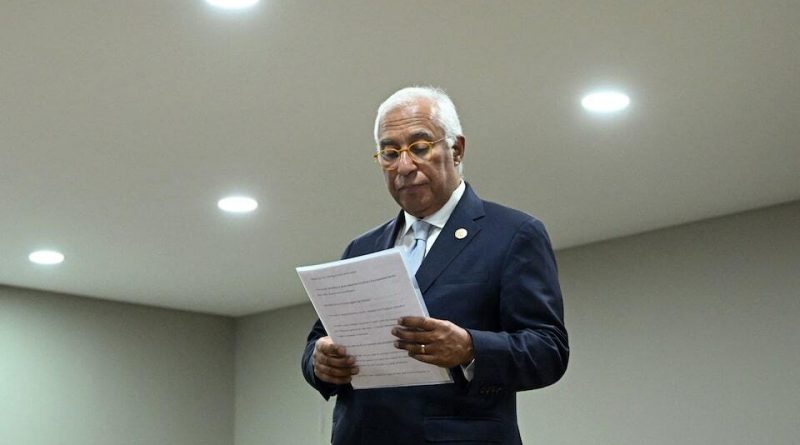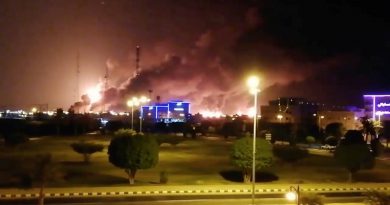EU’s Costa Stresses Unity as Essential for Progress in Ukraine Peace Discussions
Brussels – European Council President Antonio Costa emphasized that a unified European Union stance remains essential for achieving meaningful progress in ongoing efforts to secure peace in Ukraine. His statement followed a conversation with Ukrainian President Volodymyr Zelenskiy ahead of an informal meeting of EU leaders.
Costa said he spoke with Zelenskiy to better understand the latest developments and Ukraine’s expectations from the negotiating process.
He stressed that coordination among EU member states would strengthen Europe’s overall influence in shaping a credible path toward peace.
According to Costa, clarity and unity within the EU will help ensure that any outcome supports Ukraine’s sovereignty and long-term stability. He highlighted that Europe must remain consistent and aligned in both diplomatic messaging and political commitments.
The meeting of EU leaders, although informal, was considered significant in determining the next steps of Europe’s role in peace efforts.
Participants focused on evaluating the current situation and discussing pathways for a comprehensive diplomatic approach.
Costa emphasized that Europe’s responsibility goes beyond supporting peace initiatives. He noted that stability in Ukraine directly influences the security and economic well-being of the entire continent.
He explained that fragmented positions within the EU could weaken negotiation efforts and send mixed signals to international partners.
A common approach, he argued, would help ensure that the diplomatic process remains firmly oriented toward constructive results.
Zelenskiy, during their discussion, provided his assessment of the on-ground environment and the challenges Ukraine continues to face.
Costa reaffirmed that European leaders remain committed to supporting Ukraine through political, economic, and humanitarian measures.
The EU has maintained that peace talks must reflect Ukraine’s needs and respect international law. At the same time, leaders acknowledge that dialogue requires careful coordination and consistent communication among all member states.
Costa expressed confidence that the EU can help guide the negotiations effectively if it presents a unified front. He added that member states share a common interest in preventing further destabilization in the region.
The informal gathering of EU leaders was part of broader diplomatic efforts to reassess Europe’s role in pushing for a sustainable peace agreement. Discussions also touched on geopolitical risks and the wider implications for European security and global partnerships.
European officials continue working closely with Ukrainian representatives to align strategies and expectations. Their focus includes supporting reconstruction goals, reinforcing Ukraine’s institutions, and strengthening long-term resilience.
Costa reiterated that maintaining EU unity is not only a matter of political coherence. It is also essential for preserving credibility and ensuring the effectiveness of negotiations at the international level.
He encouraged leaders to reinforce their commitment to shared objectives and avoid approaches that might create unnecessary divisions.
Strong coordination, he said, increases Europe’s leverage in shaping diplomatic outcomes.
As international observers watch the evolving peace efforts, the EU seeks to demonstrate steady leadership. Officials say that Europe’s proactive engagement remains vital for promoting stability and defending shared values.
Costa concluded that the union’s collective responsibility is to support a just and lasting peace settlement. He stated that Europe must remain firmly committed to acting together throughout the entire negotiation process.



